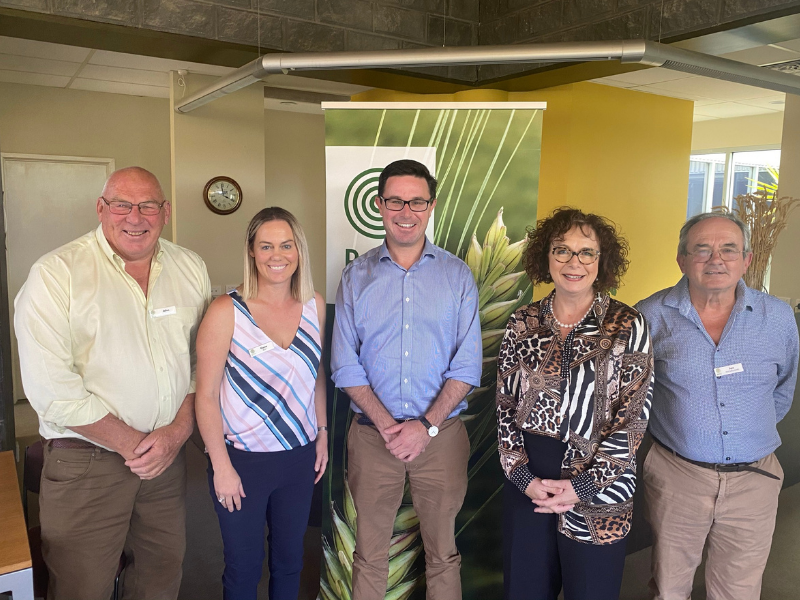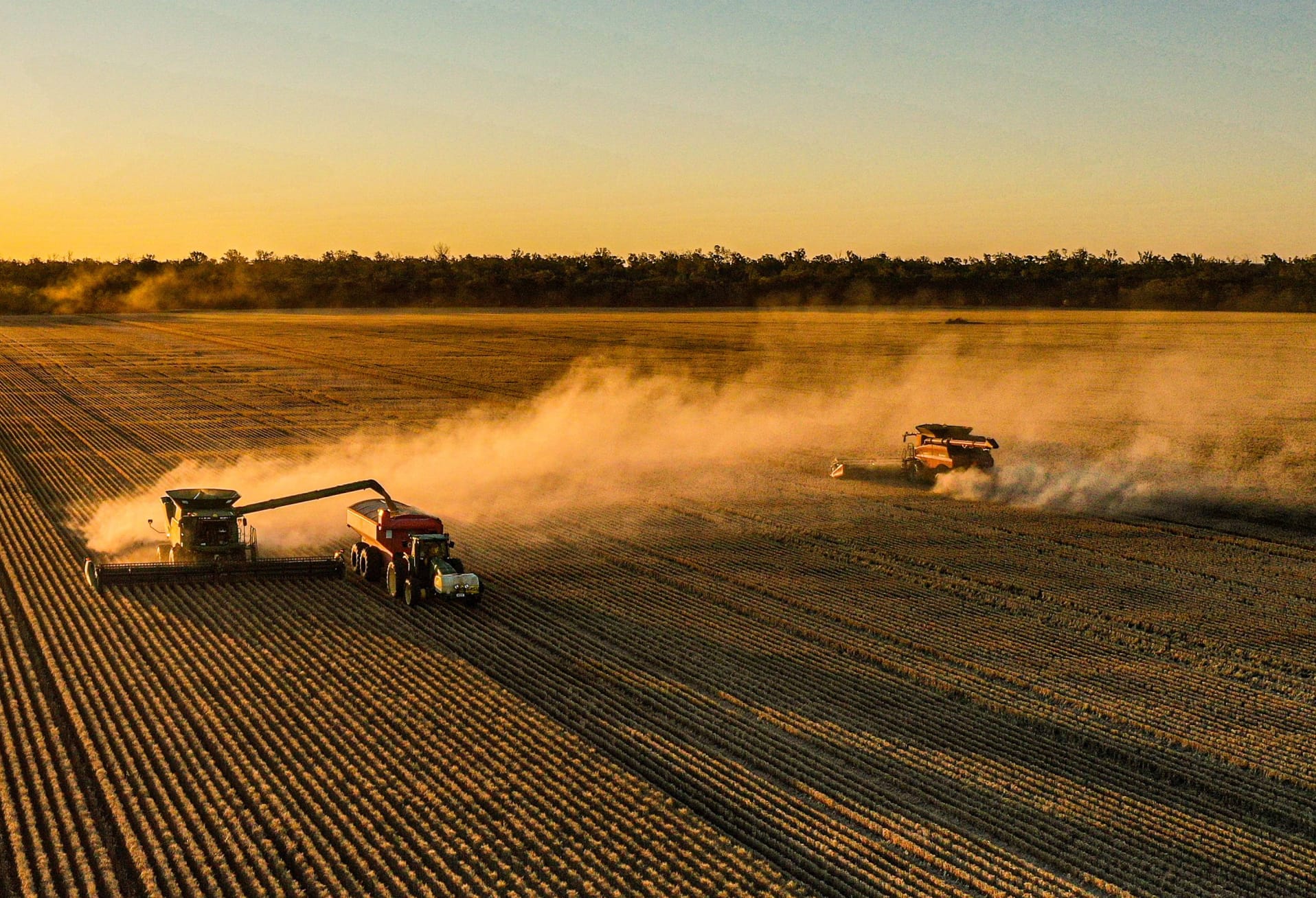The Low Rainfall Collaboration Project (LRCP) commenced in 2003 at the instigation of the Grains Research and Development Corporation (GRDC) and was based on the premise that the groups (Eyre Peninsula SA; Upper North SA; Mallee in SA, Vic and NSW; Central West NSW; and Birchip Vic) had many issues in common and would gain from greater information sharing and a more collaborative approach.
Over the past ten years GRDC has invested $1.63M or $163K per year on the project. In addition SARDI invested $334K over the life of the project and a substantial in kind contribution through provision of corporate services
Included in this final report is an evaluation of this project, based on a survey of stakeholders, as well as various feedback and reports during the life of the project. They all indicate that it has been highly effective and good value for money.
The highlights are:
• Many of the past ten years have seen serious drought across most of the low rainfall area, creating a special environment requiring support and flexibility to cope with often difficult situations. LRCP has been a key to providing that support.
• The benefits of networking beyond the LRCP groups with external science bodies such as CSIRO and Universities, consultants, and other groups and their staff. These links have stimulated increased sharing of issues and approaches and joint projects to address them.
• Closer working relationships and two way communication with GRDC staff, Southern Panel, and more recently the Regional Cropping Solutions Network (RCSN). This has resulted in better appreciation of issues and opportunities facing the low rainfall areas as part of the work of Southern Panel, the RCSN, and the development of GRDC Investment Plans.
• The establishment of a process for the exploration of issues of importance to farmers, the development of projects to address those issues, and the extension of the results. This process has many of the elements of the template now used in planning within GRDC.
• Greater coordination of approaches to various funding sources, especially to the Australian government which has been effective in securing many of those projects.
• The provision of expert technical and extension advice to the groups, including day to day support as well as special services in areas such as statistical design and analysis.
• The development of a range of major project initiatives and the conduct of these by and with the groups. These include Low Rainfall Canola, How Crops Grow technical workshops, Profit/Risk workshops and planning, Water Use Efficiency, and Crop Sequencing to name just a few.
• Having the trust and support of group staff and Boards in resolving a large range of internal issues from staffing, to finances, to overall management. This has resulted in a strong esprit de corps between the groups, which is important given their individual isolation.
• The establishment of a stronger approach to farm business understanding as a basic component by groups of the assessment of research outcomes and extension planning, as well as building the capacity of farmers. This has lifted the profile of the farm business area to the point where it is now accepted by groups as a core part of their operation. GRDC has itself also lifted this component of their work.
• Evaluation of project outcomes in terms of changes in farmer practice (rather than just evaluating activities themselves) has been a major emphasis of LRCP. Groups now appreciate the need for more comprehensive evaluation but need further support in this area.
• In communication, LRCP has contributed directly to several GRDC initiatives including more than 30 articles to Ground Cover and the production of specific publications in responding to drought. It has also contributed numerous articles for group publications including their annual Harvest Reports and Newsletters.
• LRCP has undoubtedly lifted the profile of low rainfall agriculture. This has partly been due to the personalities involved but also to their frequent attendance at events and their production of submissions to various investigations and formal inquiries into issues of importance to the low rainfall areas, such as funding for R,D&E, the withdrawal of State investment in agricultural services, carbon farming initiatives, drought policy etc.
• So successful has the project been that the LRCP Groups wish to see it continue in a reduced form so that the networking, coordination of projects, and communication continues. They are prepared to commit resources to this end, with matching support from GRDC.
• Furthermore, the groups and LRCP management believe that other groups would benefit from a similar approach, supported in part by GRDC.
All of this has required a leadership which is technically sound, politically street smart, well networked, energetic, and with a “can do” mind set dedicated to the task.
It has also required a team of group managers who are prepared to work together in the joint interest whilst still pursuing the needs in their individual groups.
This has all come together to provide what have been very productive, cost effective, intellectually rewarding, and, enjoyable project outcomes.












